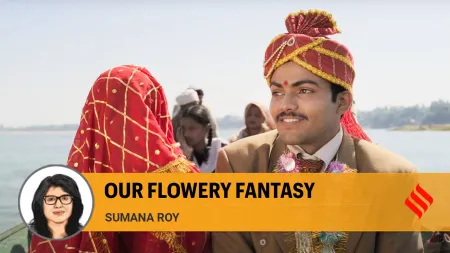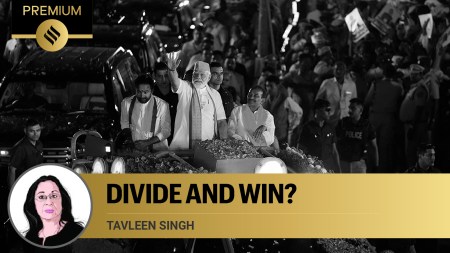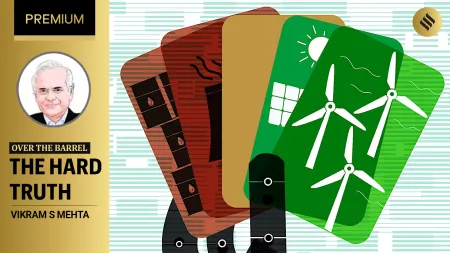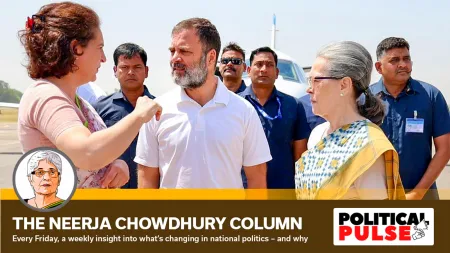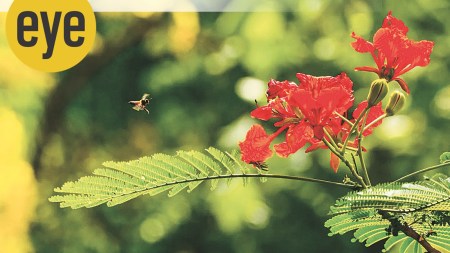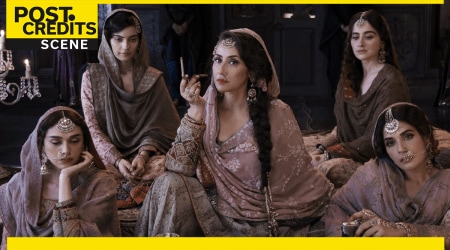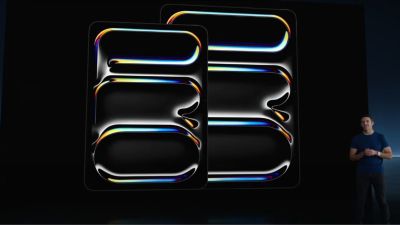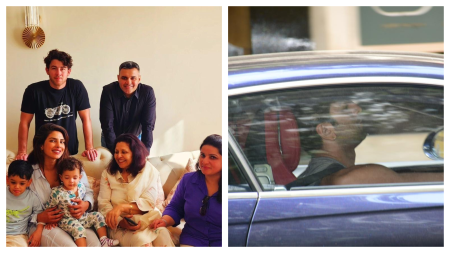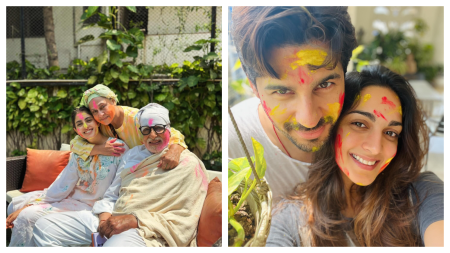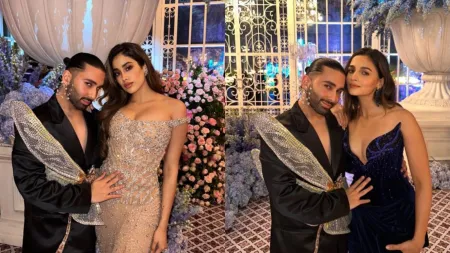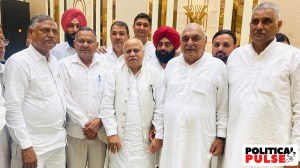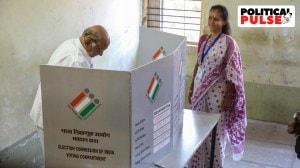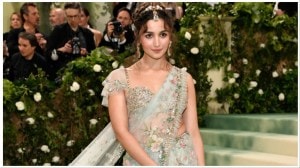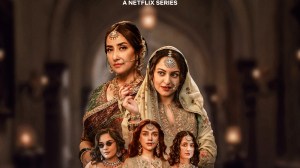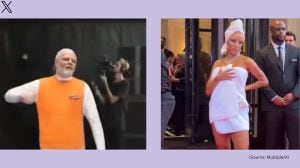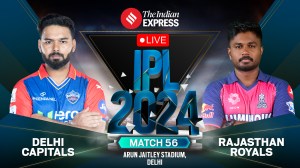- India
- International
Three Musketeers
After redefining Bollywood music in films like Dil Chahta Hai, Rock On, Shankar, Ehsaan and Loy discuss Kill Dil, their latest project and what music means to them
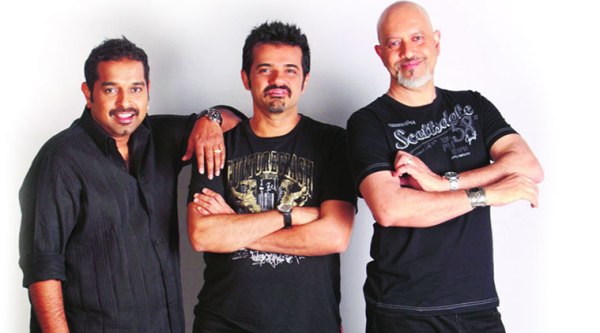 Shankar, Ehsaan and Loy
Shankar, Ehsaan and Loy
By Kanika Rajani
What was it like working on the soundtrack of Kill Dil?
Loy Mendonsa: It’s a very solid album. We’ve been involved with this album for a year and a half, from the inception stage. We’d write for a week, come back a month or two later and work on it. It’s been a long process.
How is the soundtrack of Kill Dil different from others?
Ehsaan Noorani: Each soundtrack we do is tailor-made for the film’s script. The music of Kill Dil is very different. The film’s almost got a retro, cool, desi vibe to it and is a tribute to the old composers, yet presented in a modern style, so the approach and the creative process is different. Every album of ours initially shocks the audience. Rock On was completely different from anything else we’ve done.

What instruments have you used for the soundtrack of Kill Dil?
Shankar Mahadevan: There are lot of live instruments, we’ve used; entire live string, brass and pluck sections. We’ve used a whole live rhythm section, lots of chorus, tablas, dholaks, dhols; some of the sound has also been arranged by percussionist and composer Taufiq Qureshi.
What are the traditional instruments used in the film?
EN: Mandolin.
Shankar: Shehnai.
LM: Sarangi, the flute, everything, with the exception of probably the santoor.
Since so many instruments have been used, the role of the sound engineer must be very crucial?
LM: The sound engineer plays a very integral part in contemporary music. They contribute to the audio quality of the singer in order to make sure the singer is within the distortion levels. Today, engineers are very important because they need to make the voice sound clean as the voice is an extension of the lyrics and the melody. As much as you might not like to accept the fact, he’s a contributor in his own way.
A sound engineer can actually destroy a song. He’s like a surgeon with a heart. He’s the main interface between the director and the actor. If you don’t have a sound engineer, your gig is over.
Shankar, what was it like working with Vishal and Shekhar on the song Indiawaale for Happy New Year?
SM: They’re lovely people and great friends. They always make very popular and contemporary music. We have this appreciation club and it was great fun singing that song.
Indiawaale has techno beats. Do you think many people like techno beats and is it catching on as a genre?
LM: We introduced the techno-trance genre in Dil Chahta Hai.
EN: It started from there, Koi kahe was the first techno-trance song in Hindi music. From there it kind of picked up, people loved it actually.
Name any one project that has been close to your heart, something that all of you enjoyed working on.
EN: There have been many path-breaking projects. We enjoy working on everything; we wouldn’t be doing it if it weren’t for that.
SM: Songs are like creating our own babies.
EN: Yeah, you can’t favour one over the other.
SM: Just because one baby gets 100/100 in all the subjects in school, that baby doesn’t become your favourite baby. We’ve been working for 18 years and during this time, we’ve created a lot of music so, there are many special projects.
It all started with Dil Chahta Hai, and since then there’s been no looking back. So how did the film happen?
SM: Farhan had already shot a Breathless video, that was his first video and my first album. Later, he wanted to meet us to do the music for his first film, and when we started working, we realised that we gelled very well.
Is there pressure to come up with something innovative everytime?
SM: Always. There’s pressure on us to come up with new melodies, genres, something that people will love.
LM: Bring in new singers, give them a platform or a break. It’s part of the whole thing — keeping it fresh for us and for the audience.
Are there any plans of composing an album that’s not in the film space?
LN: Yeah, we’ve been talking about it for the last 18 years.
SM: We’ve not found the time. But we have some plans to get into the non-film space and promote non-film music. As a singer, I do a lot of non-film stuff anyway, but as a trio, we’ve not done anything much.
How are creative differences and ego problems tackled?
SM: Always look at the bigger picture, don’t zoom into smaller problems and make that overshadow everything. The bigger picture is to create good music, everything else is secondary.
LM: It’s about the music and the song.
SM: The thought of separating doesn’t even arise.
Where do you derive your inspiration from?
SM: I think each one of us are very different, be it in our preferences or our temperament. So, when we come together, we all draw our inspiration from each other.
Shankar, you have a background in Indian classical music, so is that where you draw your inspiration from?
SM: A lot of inspiration comes from Carnatic, Hindustani classical music. I am inspired by singers and composers of yesteryears like Bade Ghulam Ali Khan, Kishore Kumar; but the list is endless.
What about you Loy?
LM: I grew up listening to western and Indian classical music on All India Radio. My dad would play lots of it. Little later rock, then jazz, blues etc.
What is the advise you would give to upcoming composers trying to make a career in the industry?
LM: It’s a long journey, and it’s not easy. There are many ups and downs.
SM: Composing is basically a journey of notes; you move from one note to the other. It’s like going from one destination to the other. It depends on the route that you take. If you take an interesting route, you’re a good composer, if you take a route that’s not interesting, your music becomes boring.
What are your future projects?
Shankar, Ehsaan and Loy: We are composing music for Zoya Akhtar’s Dil Dhadakne Do, Rakeysh Omprakash Mehra’s Mirza Sahib, Nikhil Advani’s Katti Batti among others.
Photos
May 07: Latest News
- 01
- 02
- 03
- 04
- 05


